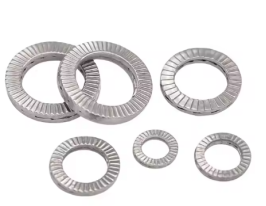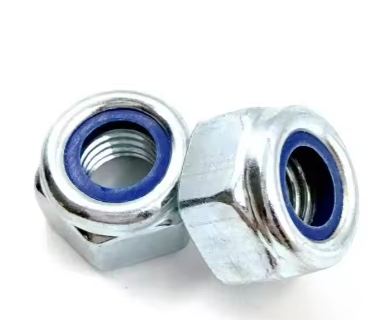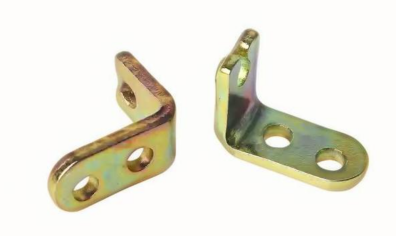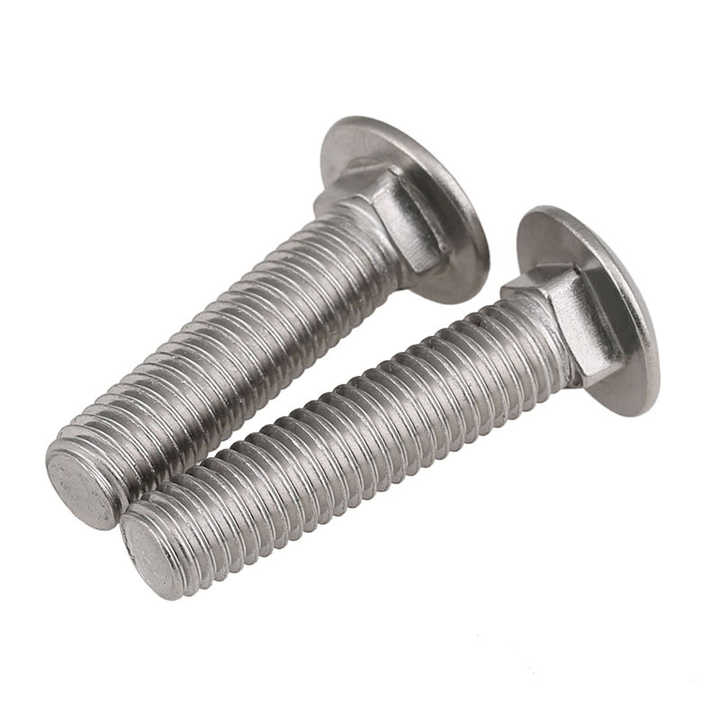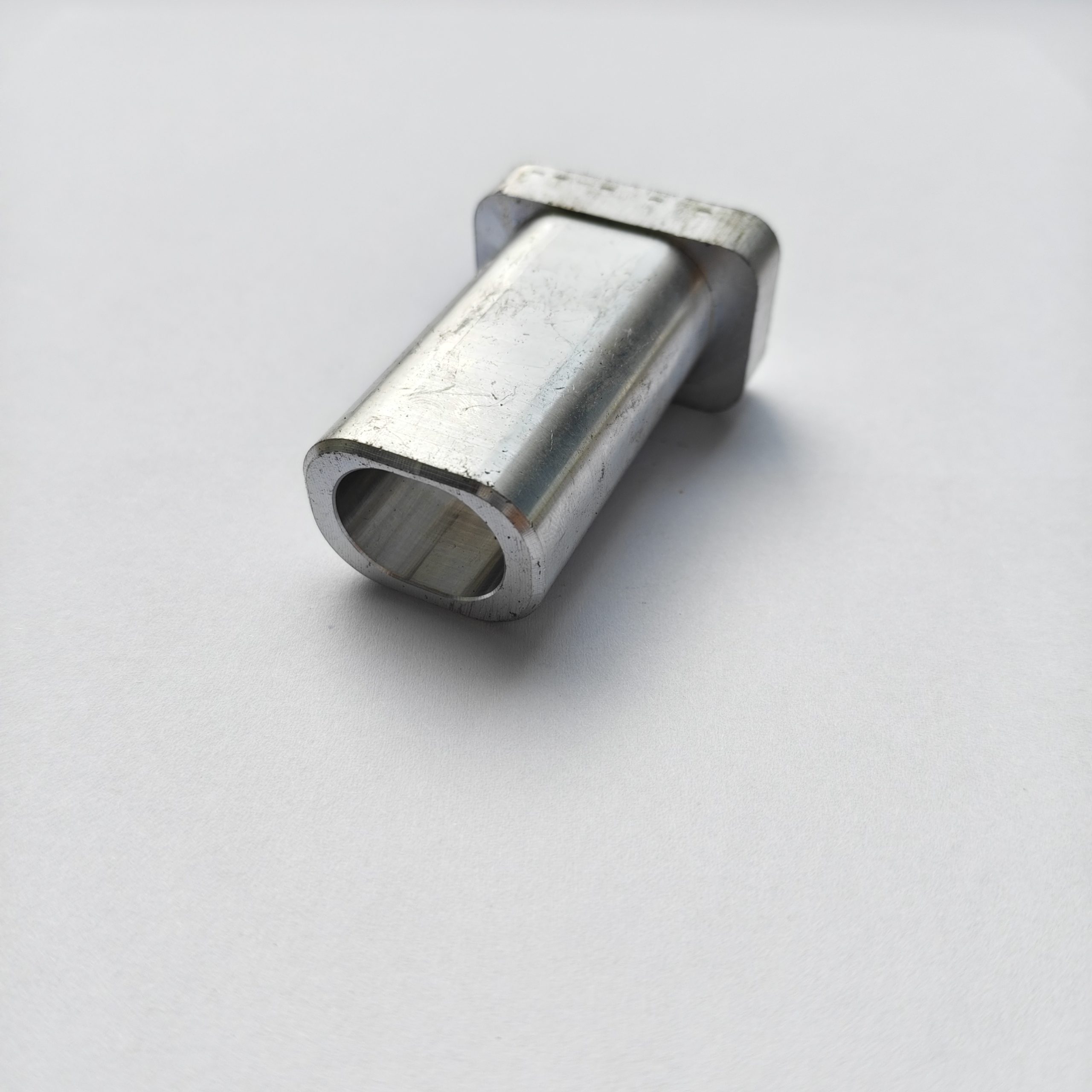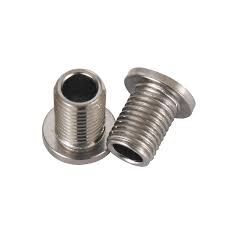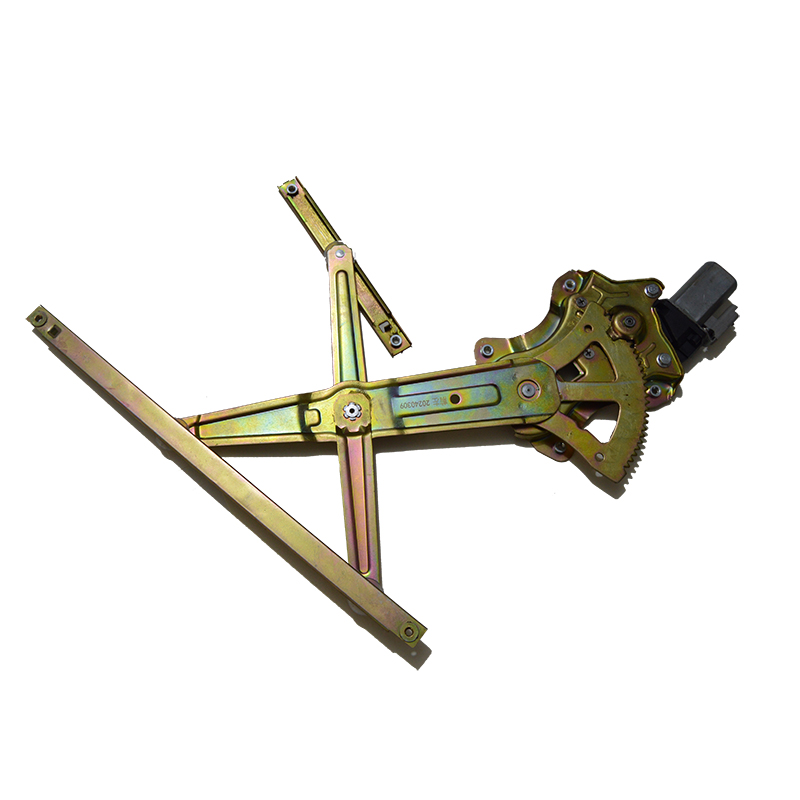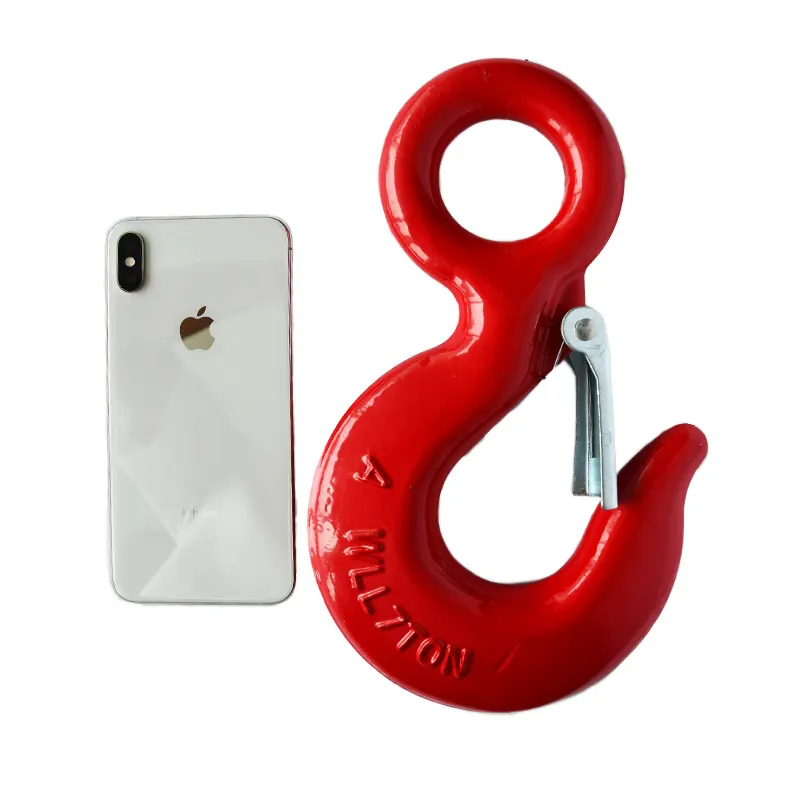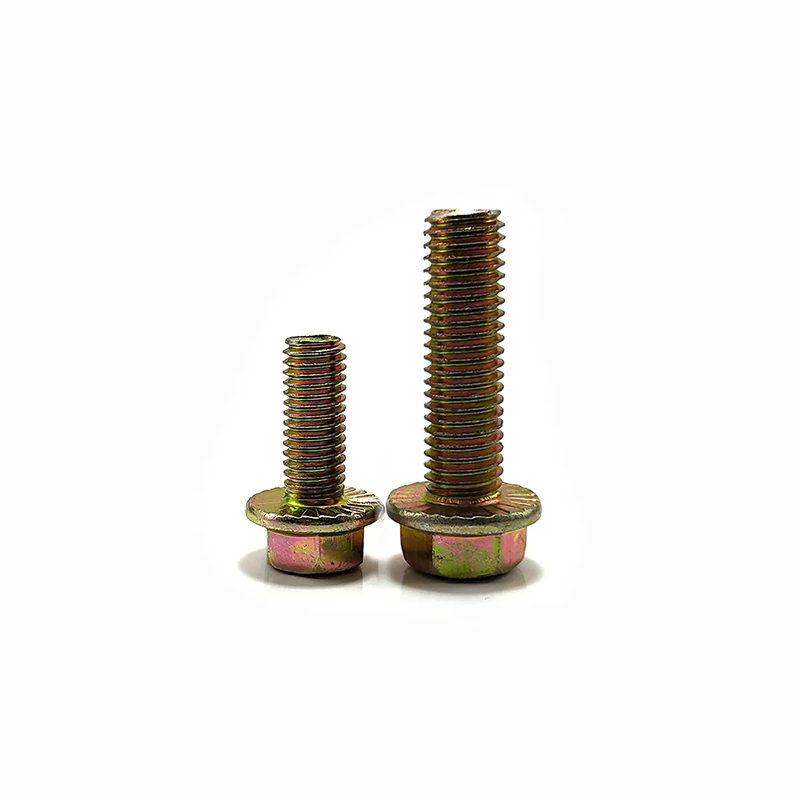

This comprehensive guide explores the world of flange bolts and nuts, covering their types, applications, material specifications, and selection criteria. We'll delve into the critical factors to consider when choosing the right fasteners for your specific needs, ensuring optimal performance and safety in your project. Learn how to identify different grades, sizes, and finishes, and understand the nuances that distinguish one fastener from another.
Flange bolts and nuts are commonly used in a wide variety of applications due to their ability to provide a secure and reliable connection. Standard flange bolts feature a widened head that provides a larger bearing surface, distributing load effectively and reducing the risk of damage to the connected materials. They are often made from materials like steel, stainless steel, or alloys, depending on the required strength and corrosion resistance. The choice of material will significantly impact the bolt's tensile strength and overall durability.
For applications demanding superior strength and resistance to high loads, heavy hex flange bolts and nuts are the preferred choice. These bolts possess a larger diameter and increased head thickness, providing enhanced clamping force and improved resistance to shear stress. They are frequently used in heavy-duty machinery, construction projects, and other applications where extreme load-bearing capacity is paramount. Consider factors like thread pitch and length when selecting the appropriate size.
Flange bolts and nuts are available in both metric and inch sizes. It's crucial to select the correct system to ensure proper fit and compatibility with other components. Metric sizes are generally identified by their diameter in millimeters, while inch sizes are measured in fractions or decimals of an inch. Inconsistency can lead to serious issues in assembly and functionality.
The material of your flange bolts and nuts directly impacts their strength, durability, and resistance to corrosion. Common materials include:
Selecting the correct size and grade of flange bolts and nuts is essential to ensure proper functionality and safety. The size refers to the nominal diameter and length of the bolt, while the grade indicates its tensile strength and material properties. Consult relevant standards and engineering specifications to make informed decisions regarding appropriate sizing and grade selection for your project. Using the incorrect grade could lead to premature failure under stress.
Flange bolts and nuts find applications across a wide range of industries and projects, including:
When sourcing your flange bolts and nuts, it is crucial to work with a reputable supplier who can provide quality products and excellent customer service. Consider factors like certifications, quality control procedures, and lead times when making your selection. For high-quality flange bolts and nuts, explore options from reputable manufacturers. One such supplier is Hebei Dewell Metal Products Co., LTD, a company known for its commitment to providing high-quality fasteners.
Choosing the right flange bolts and nuts is a crucial aspect of ensuring the safety, reliability, and longevity of any project. By understanding the different types, materials, and selection criteria discussed in this guide, you can make informed decisions to achieve optimal performance and avoid costly mistakes.
| Material | Corrosion Resistance | Tensile Strength | Typical Applications |
|---|---|---|---|
| Carbon Steel | Low | Medium | General purpose |
| Stainless Steel | High | Medium to High | Outdoor, corrosive environments |
| Alloy Steel | Medium | High | High-stress applications |

